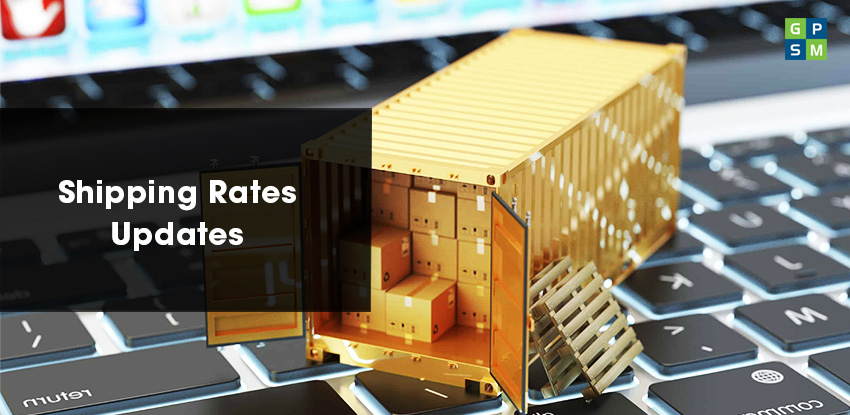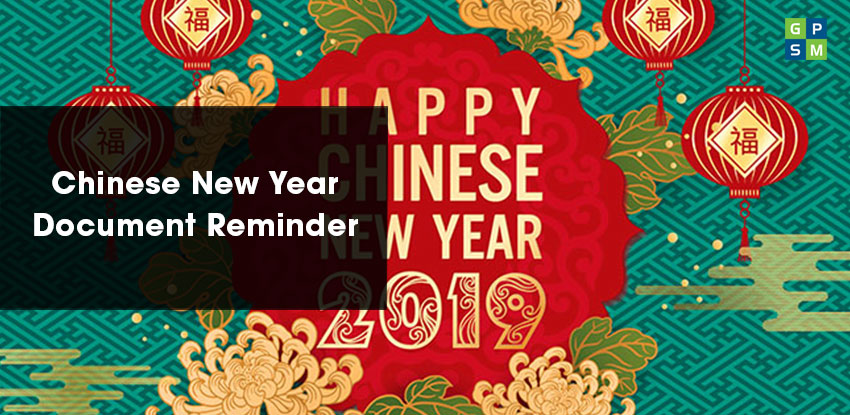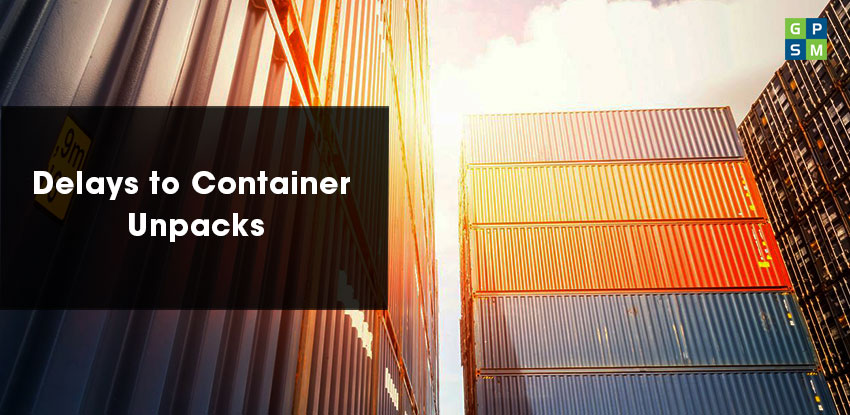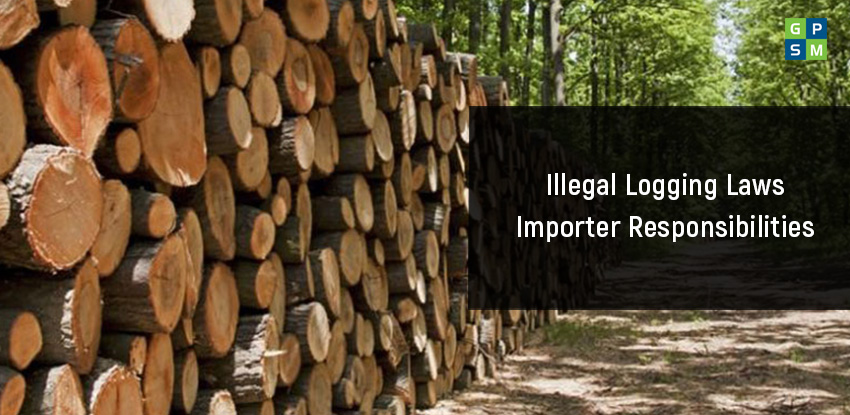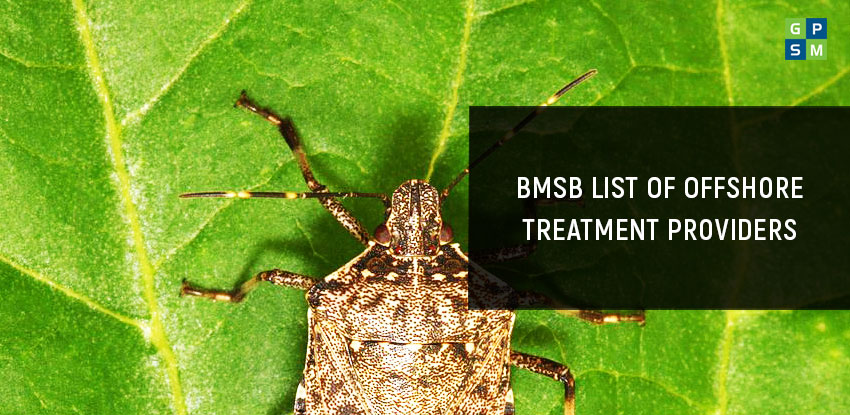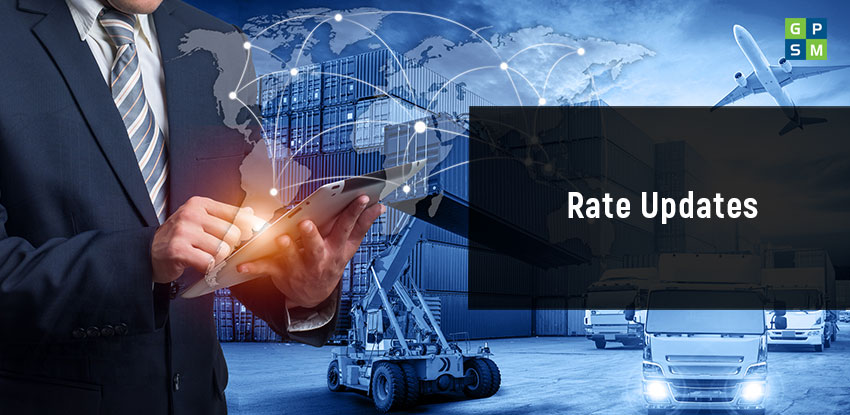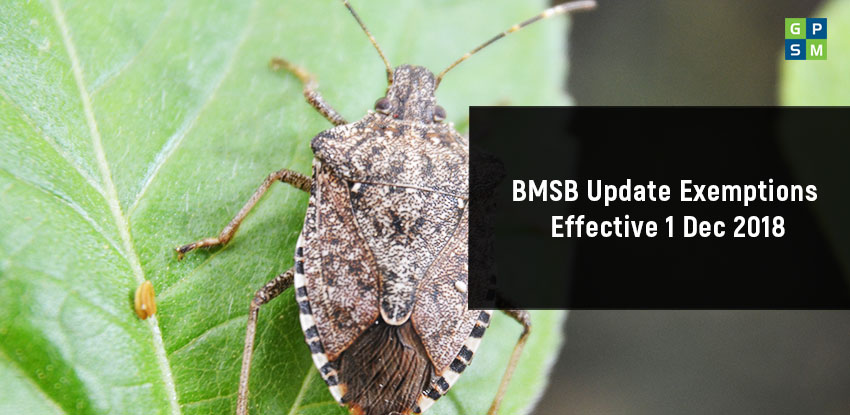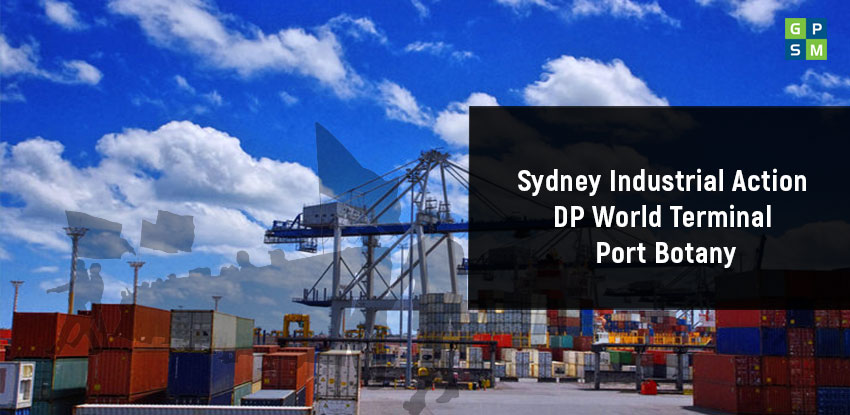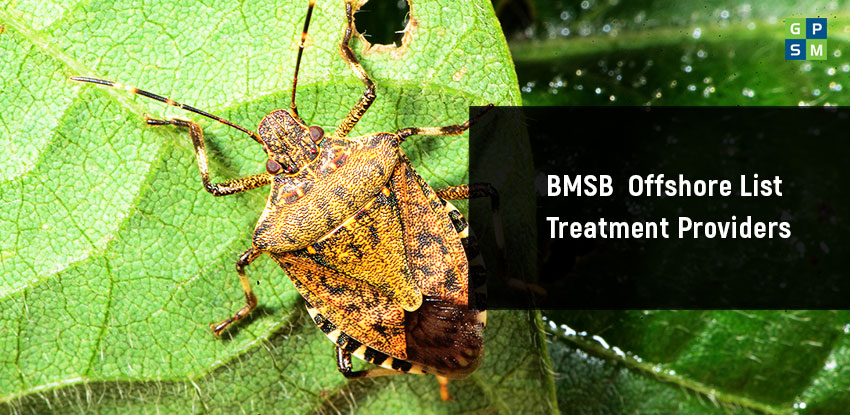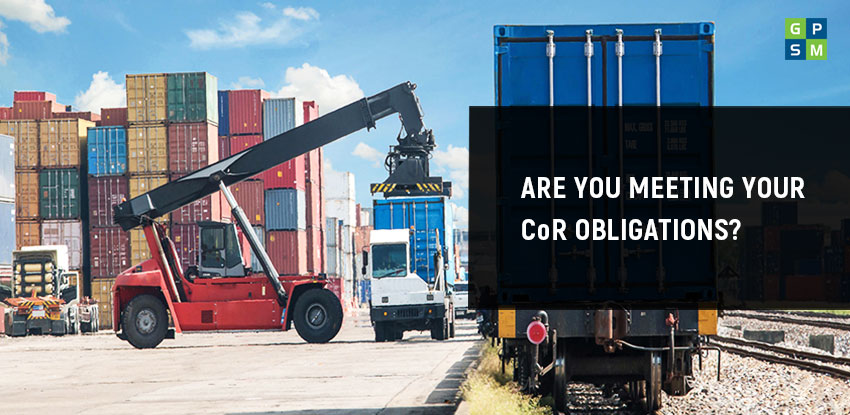Increased Ocean Freight Rates from the USA:
All shipping lines have announced a General Rate Increase on all cargo from the USA to Australia and New Zealand ports effective from 15th February 2019. For FCL shipments, the rates are still being negotiated by GPSM with the lines involved and while the official announcement is for an increase of USD 250.00/20ft and USD 500.00/40ft FCL, GPSM do expect that we will achieve a far better result than the increase as advertised, our current negotiations are presently on-going.
For LCL cargo from the USA, consolidators have announced a General Rate Increase of USD 10.00 per cbm/1000kgs from all USA origins to all Australia/New Zealand destinations except for Fremantle port, this is serviced by Transhipment service over Singapore and is not part of the USA-Australia rate agreement on direct service carriers. The new LCL rates will come into effect from 15th February 2019.
Shipping lines Bill of Lading Fee:
Most shipping lines in Australia are now charging as high as AUD 115.00 for their bill of lading fee, some have already increased the charge, other now implementing same. The additional cost will be reflected in the Australian Port Charges paid to the lines and billed on GPSM invoices.

